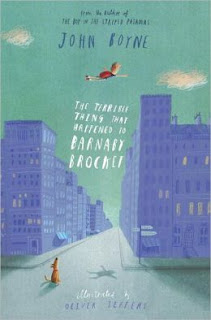Read about the other entries on the list.The Devil All The Time, by Donald Ray Pollock
The Midwest might not have a reputation for churning out literature kicks to the stomach, like the South does, but this gritty book stands with the best Gothic tales. The Devil All The Time illustrates the (lesser-known) lawlessness of mid-century Ohio and West Virginia with grotesque and unforgettably bizarre characters (an orphan with a commitment to violently Old Testament-like justice; murderous, vacationing hitchhikers; and a preacher on the lam) who kick the wholesomeness right out of the Midwest with grit and fearlessness.
Also see: Thirteen great books out of the Midwest.
--Marshal Zeringue




















































